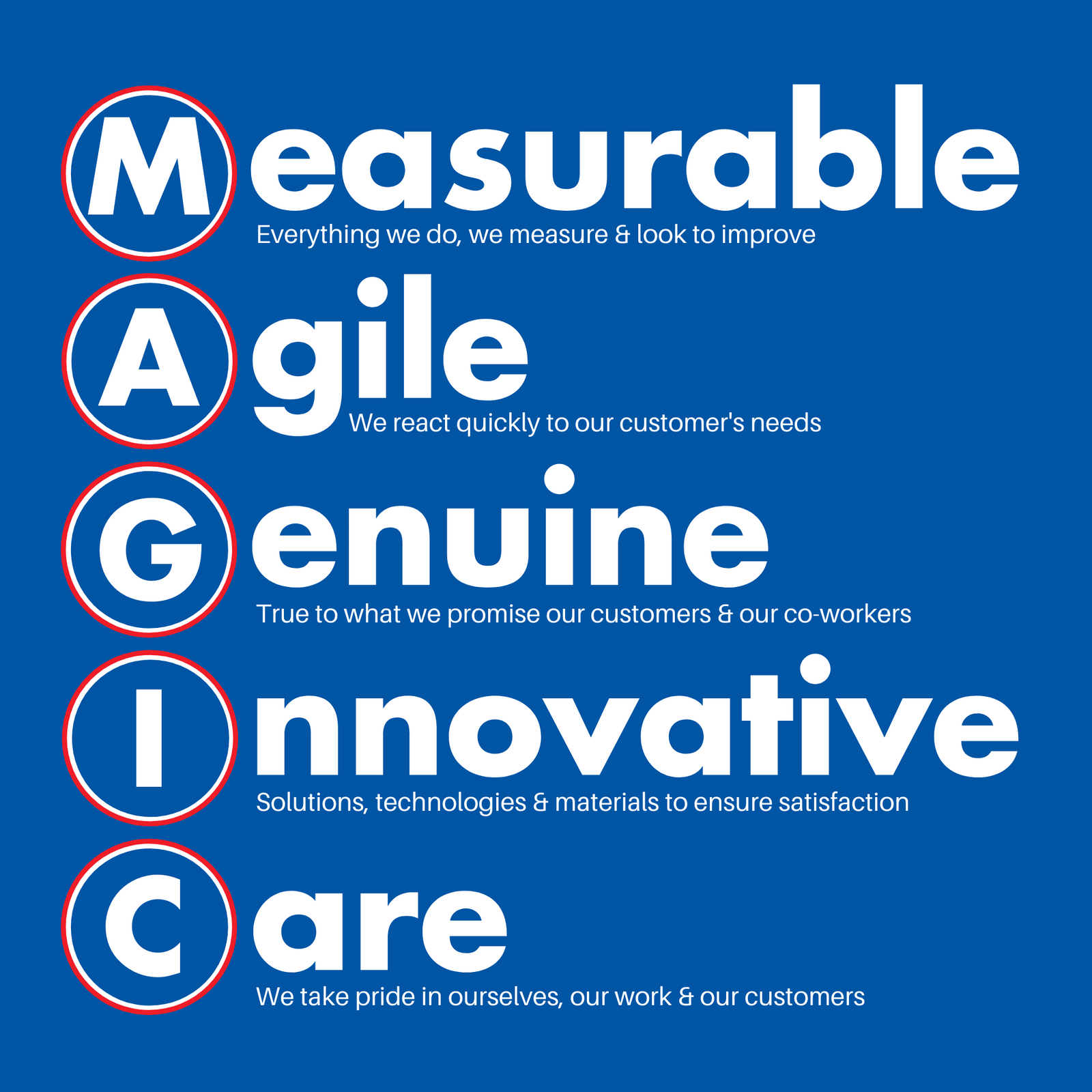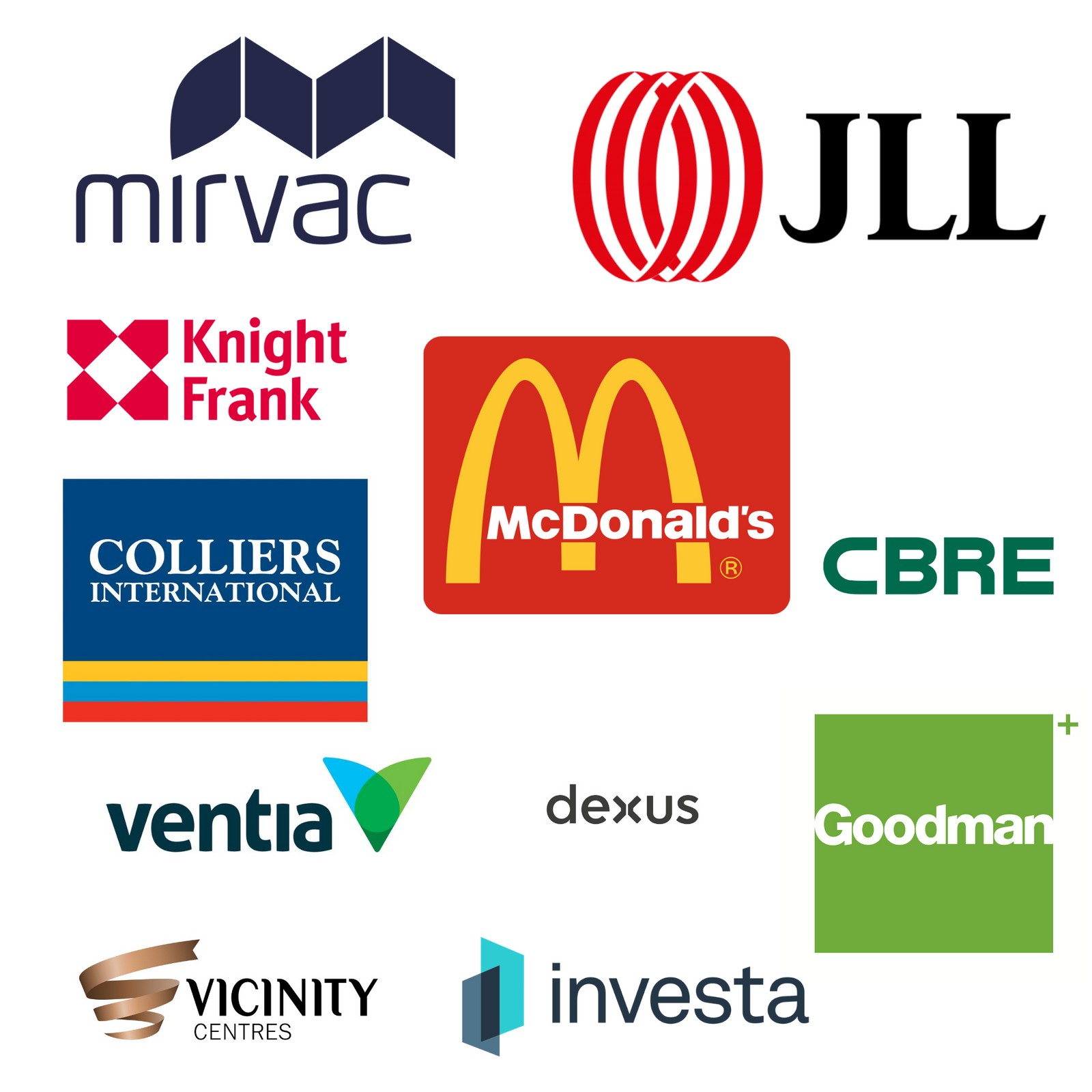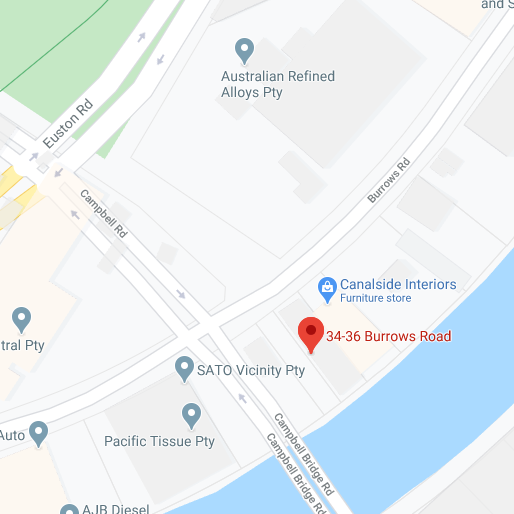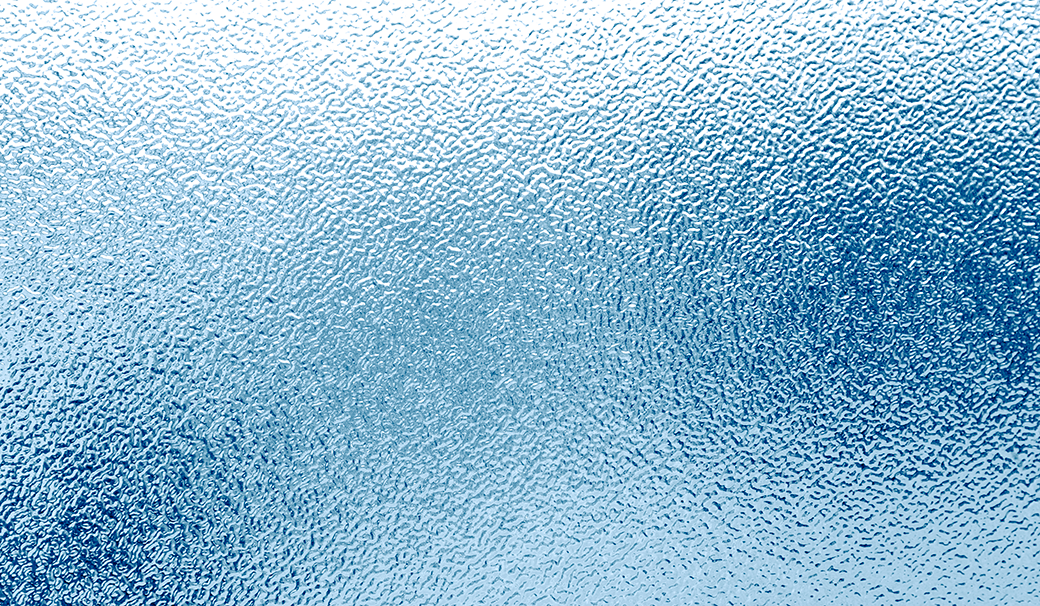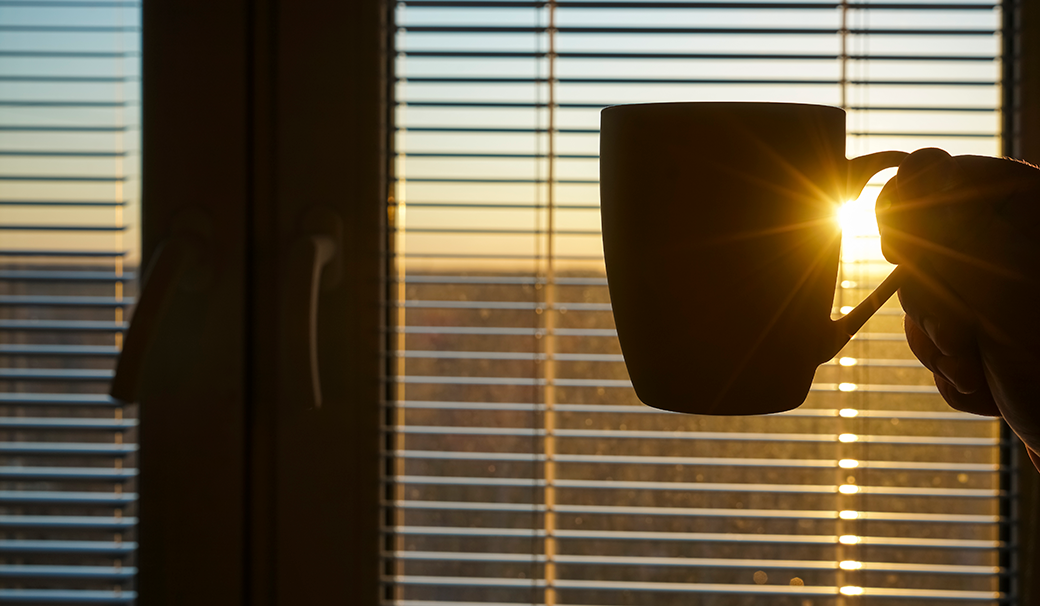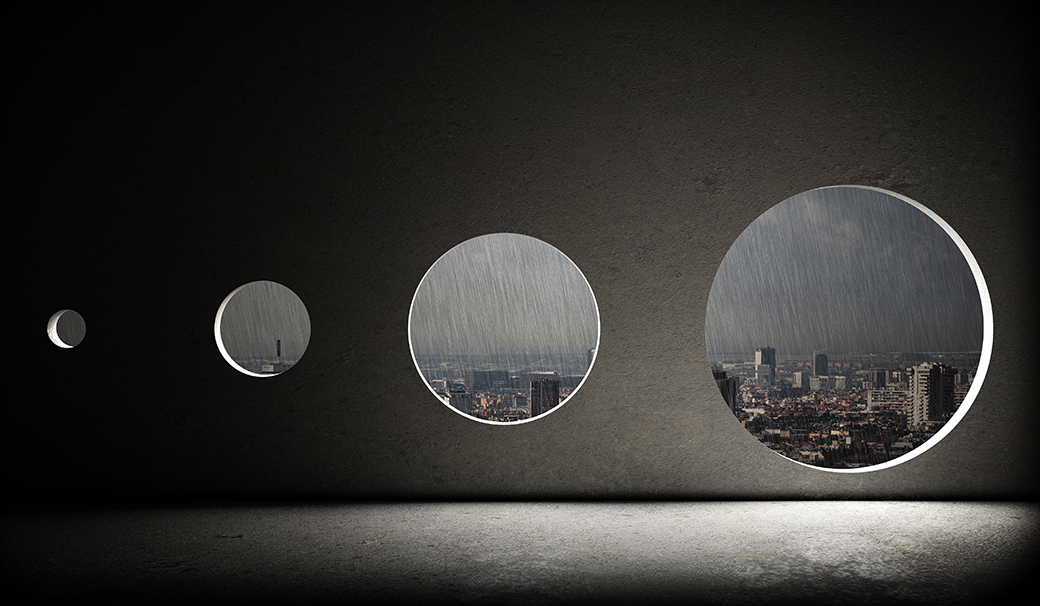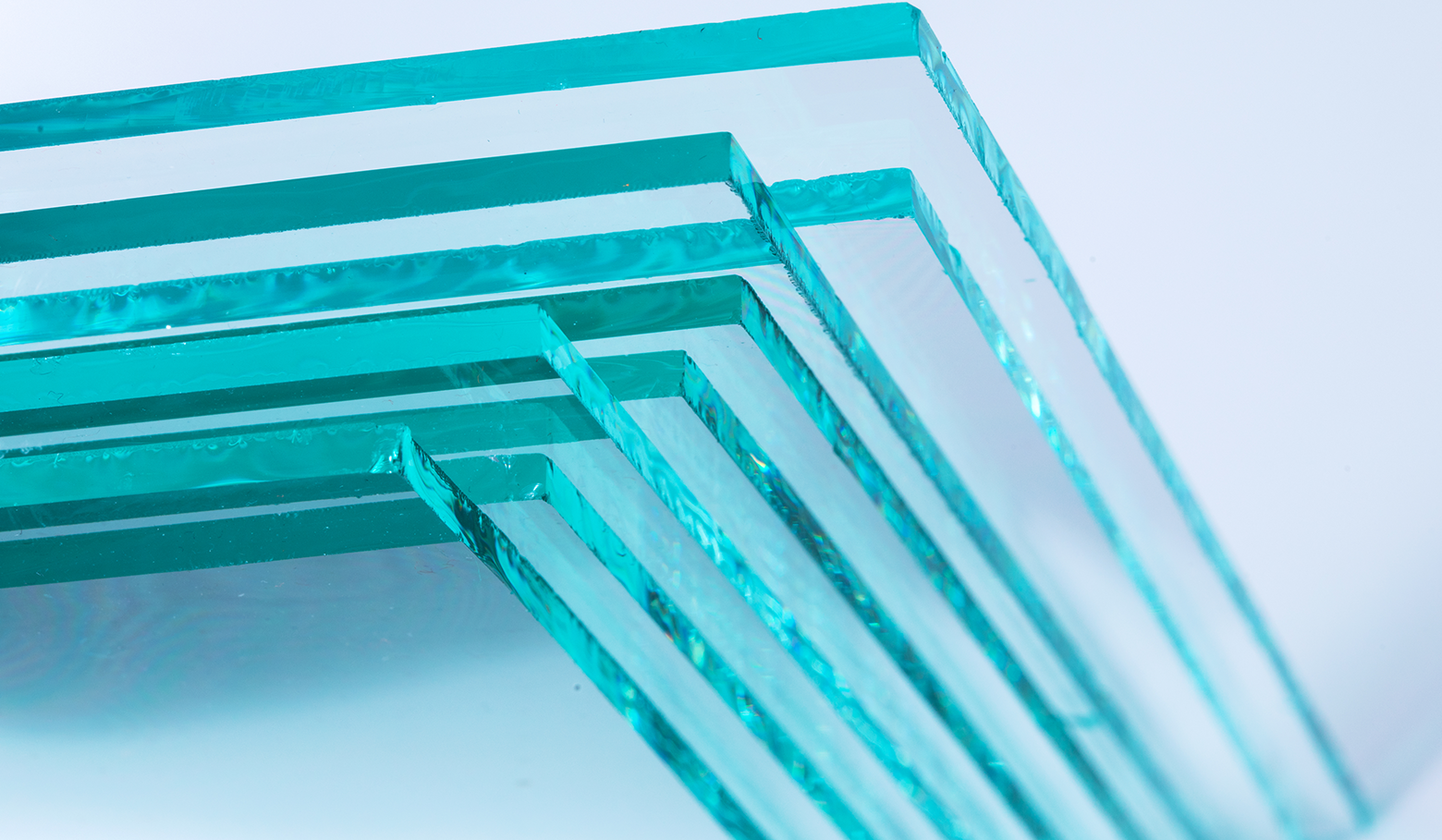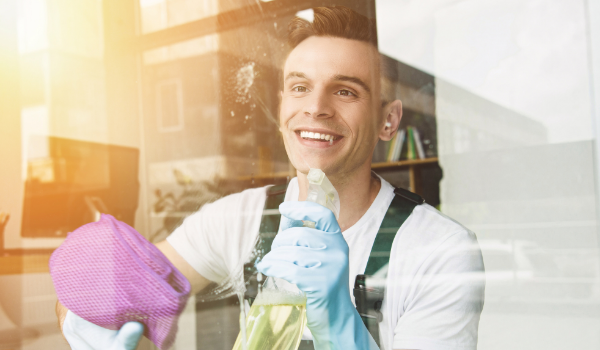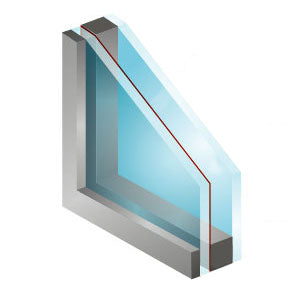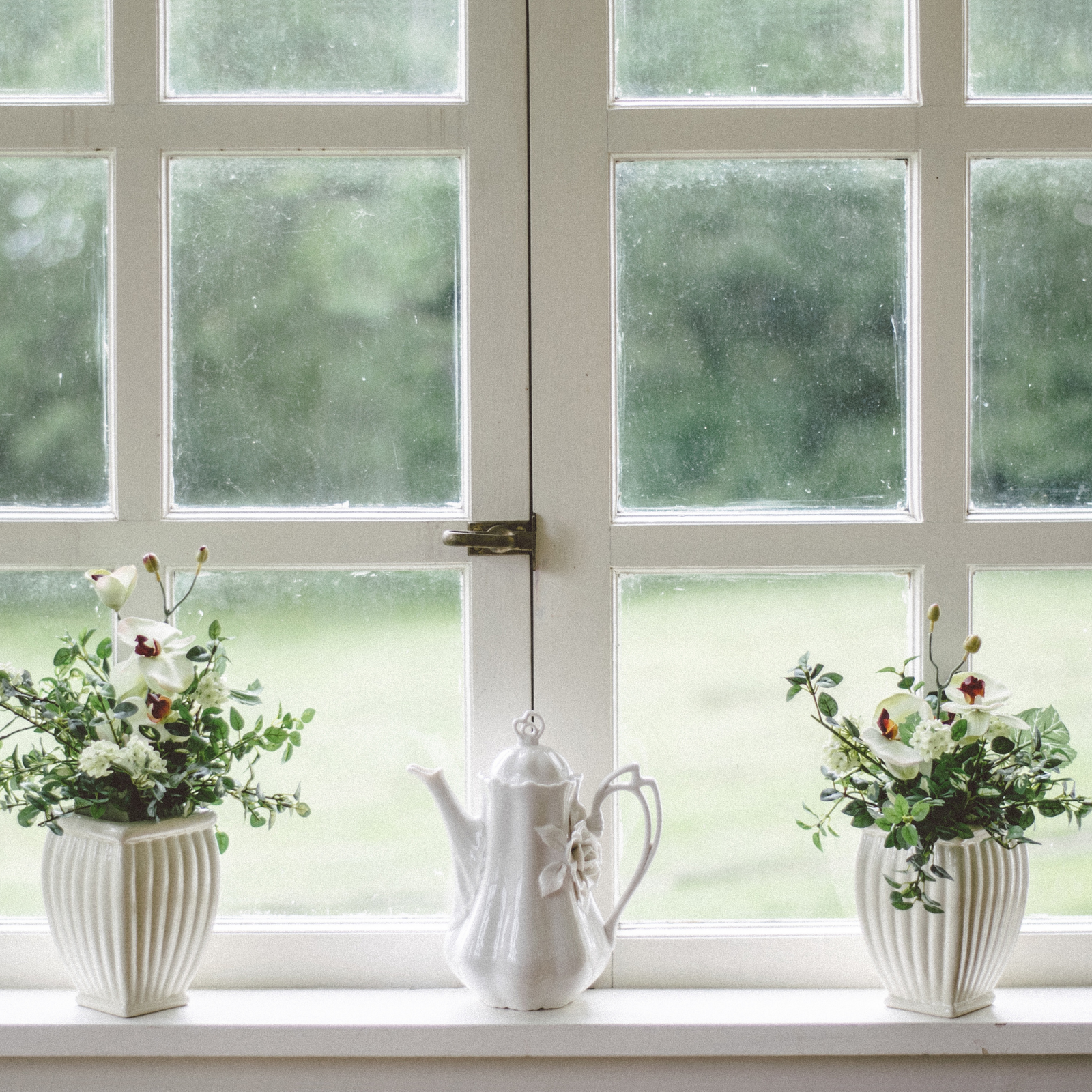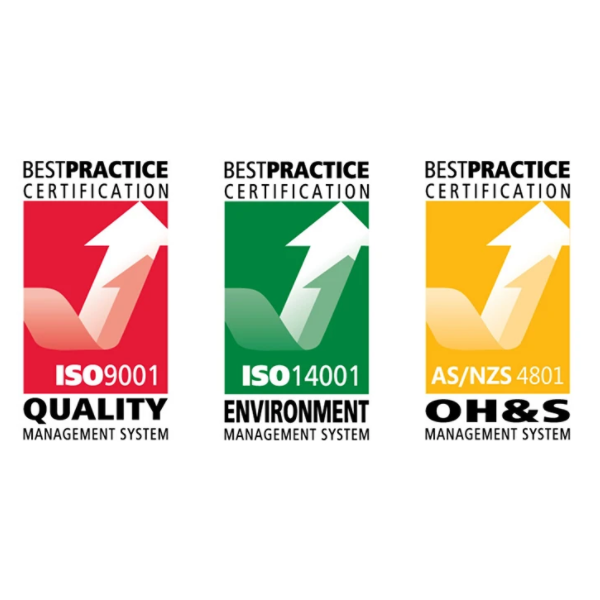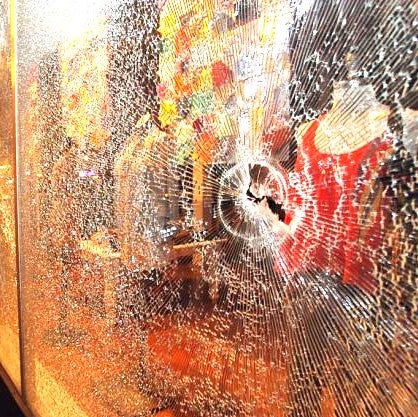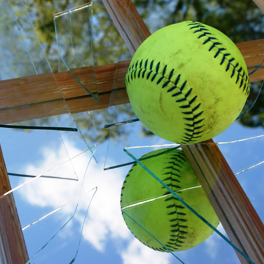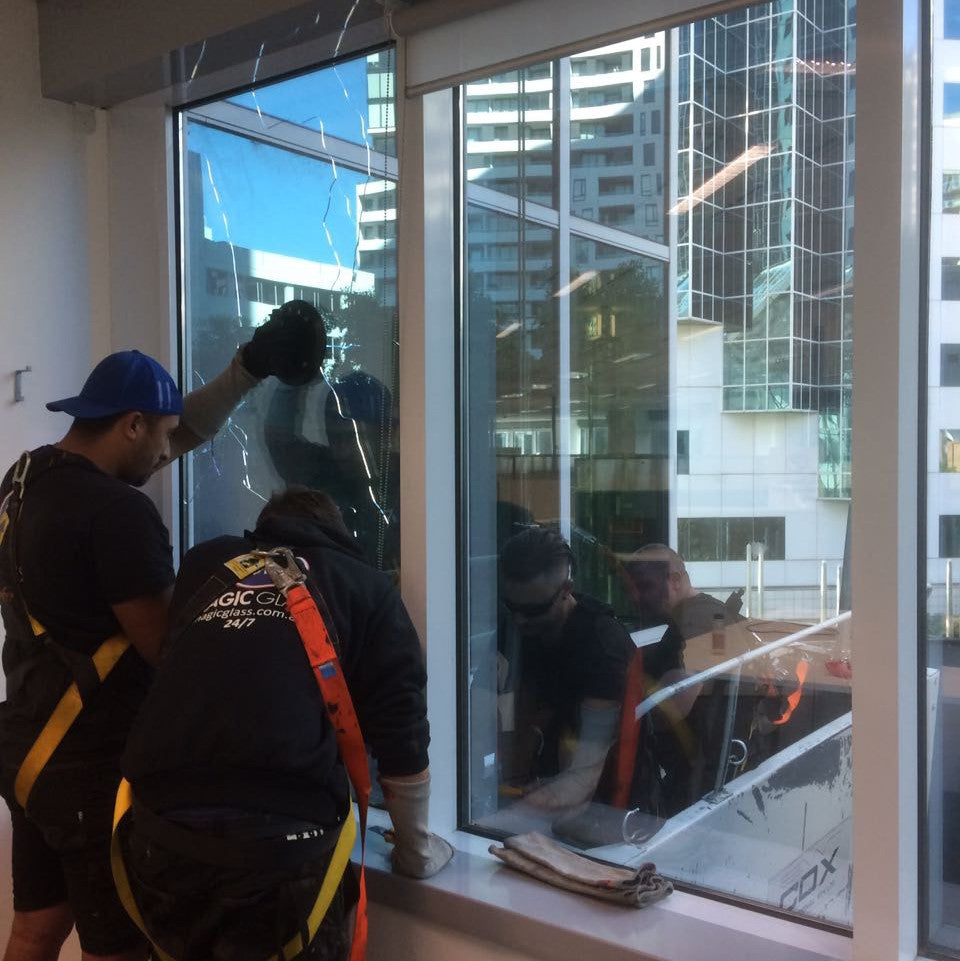Glass Blog
Frosted glass is a type of glass that has been treated to have an opaque look on one side and a transparent or translucent look on the other.
It is made by applying a thin layer of metal, such as aluminium, to the surface of the glass. The metal is then heated and cooled in order to create the frosted effect.
The two main types of frosted glass are: wire-cut and sandblasted. Wire-cut frosting is when wires are used to cut into the surface of the glass in order to create an opaque pattern. Sandblasted frosting, on the other hand, is when abrasive material, such as sand, is blown onto the surface of the glass in order to create an opaque pattern.
Frosted glass is used to provide privacy without obstructing the view. It is often used on high-rise buildings, where the occupants of the lower floors want to be able to see out without being seen.
Frosted glass can also be used in a more decorative way, for instance as a window in the shower or bathtub. This allows natural light and air into the shower or tub while still providing some privacy for the building’s inhabitants.
If you’re looking for a way to add more sunlight into your home without compromising your building’s privacy, frosted glass is a great solution.
For any questions on frosted glass or to get a free quote, contact the Magic Glass team today.
When it comes to reducing noise pollution, many people choose to install soundproof glass into their windows and doors. Before doing this, however, it is important to weigh-up your options as there are different types of soundproof glass, all of which have various pros and cons.
The two main types of soundproof glass are double-glazed and laminated glass.
Double-glazed glass is simply glass panels that have two panes instead of one. The space between the two panes is filled with either air or argon to further insulate the panel.
The pros of double-glazed glass is that it’s very energy efficient, weather resistant and soundproof. The main con, however, is that it can be expensive to double-glaze your windows.
Laminated glass is similar to double-glazed glass in that it is manufactured using two panes. The space between these panes is filled with PVB (polyvinyl butyral), a type of resin that is highly effective in blocking out sound.
Similarly to double-glazed glass, laminated glass is energy efficient, weather resistant and soundproof. It’s also effective in blocking out UV rays.
Laminated glass is challenging to install, however. Not installing it properly will result in it being less effective in both thermal control and soundproofing.
Both types of glazing have similar STC (Sound Transmission Class) ratings, so what it ultimately comes down to is price and convenience. Laminated glass is cheaper, however there are challenges with installation so you should always seek the help of a glazing professional.
If you’re wanting to further soundproof your building, get in touch with the Magic Glass team today. We can custom-make and install both double-glazed and laminated glass panels that will aid significantly in blocking external sound.
- Commercial Glass Installation
- Commercial Glass Replacement
- Commercial Glass Services
- Custom Cut Glass
- Custom Glass
- Custom Glass Installation
- Double Glazed Windows
- Energy Efficient
- Glass Cut to Size
- Glass for Home
- Glass Installation
- Glass Pane
- Glass Replacement
- Glass Services
- Glass Solutions
- Glass Walls
- Laminated Glass
- Office Space
- Shopfront
- Toughened Glass
- Window Services
The use of Low-E coated glass has been a game changer in boosting the energy efficiency of buildings. With an estimated 70% of energy loss occurring through windows and doors, and 90% of window energy loss occurring through the glass, Low-E coatings have helped drastically in keeping heat in or out of commercial buildings and houses.
What is Low-E Glass?
Low-E (or low-emissivity) glass is designed to minimise the amount of infrared and UV radiation absorbed by glass, without reducing the amount of light entering the building.
The glass has a very thin, transparent coating that reflects heat back inside or outside the building. This helps keep the temperature in your building consistent by reflecting the internal temperature back inside.
Types of Low-E Coatings
There are two different types of Low-E coatings. Which one is best for you is based predominantly on your area’s climate.
Hard-Coat (Passive) Low-E Coatings
Hard-coat Low-E coatings are applied to glass immediately after it is removed from the furnace. The heat causes the coating to fuse onto the glass as it is cooling down. The fusion creates a strong bond (or hard-coat) that is highly durable.
Hard-coat Low-E glass is used predominantly in climates where the temperature can get extremely low. This is because the hard-coat glass allows some of the sun’s short-wave infrared energy to pass through, whilst keeping the long-wave heat energy inside. This keeps buildings nice and warm when it is cold outside.
Soft-Coat (Solar Control) Low-E Coatings
Soft-coat Low-E coatings are applied to pre-cut glass in a vacuum chamber once the glass has cooled. This type of coating must be sealed in an insulated glazing unit (IGU) or laminated glass unit for longevity and optimal performance.
Soft-coat Low-E glass has lower emissivity and higher solar control performance. It has better UV protection and is overall more effective. For this reason, it is ideal for use in cold to hot climates where it can reflect the warm or cool air back into your building, with minimal leakage outside.
Installing Low-E glass into your home or business can significantly improve your building’s energy efficiency, in turn reducing your carbon footprint and saving you money. It can also prevent damage to your furniture and internal decor by blocking out harmful UV rays.
If you’re considering upgrading to Low E glass, contact the Magic Glass team today! We can provide you with a free quote and help advise you on what options are best for your building.
- Commercial Glass Replacement
- Commercial Glass Services
- Custom Glass
- Custom Glass Installation
- Energy Efficient
- Glass Company
- Glass for Home
- Glass Options
- Glass Replacement
- Glass Services
- Glass Solutions
- Glass Window Replacement
- Glazing Services
- Residential and Commercial
- Sydney Glass Company
- Window Replacement Service
- Window Services
Whether it’s rain, wind or shine, harsh weather conditions can have significant effects on your building. Strong winds, rain and hail can cause breakage to glass whilst exposure to sunlight can cause UV rays that penetrate glass panels and damage items inside.
It is therefore important to take necessary precautions in protecting your glass windows and doors from harsh weather. Our guide on 4 Ways to Protect Your Glass from the Elements will help you get started .
Safety Glass
A great way to take precaution against weather damage is to invest in safety glass for your windows and doors. Safety glass is designed to withstand high - impact forces and extreme weather conditions, including strong winds, high-powered storms, and fluctuating temperatures.
They are often also effective in filtering UV rays, protecting the interior of your home from sun damage and boosting your home’s energy efficiency by keeping the heat out.
There are different types of safety glass, including tempered and laminated glass. To find out which is best for you and your property, read our Laminated VS Tempered Glass blog.
Security Film
Security window film is an easy and affordable way to protect your windows from weather damage. These films are made of a pliable Myler coating that is applied to the inside of your glass. They help the glass withstand larger forces and prevent glass from shattering dangerously.
Security films can be tinted, mirrored or coloured and are also effective at blocking out harmful UV rays.
Storm Windows and Doors
Storm windows and doors involve installing a second window or door panel over an existing one. They provide protection from extreme weather conditions by reinforcing windows, without replacing the existing glass.
They are a good option if you’re seeking a cost-effective method to prevent weather damage that’s more effective than security film.
Storm Shutters
Storm shutters are a type of protective shutter that attaches to the outside of a window. They are effective in protecting the window from strong winds, rain, hail, and sunlight.
Storm shutters are a popular choice for homeowners as they can be folded or rolled away so you can still enjoy your view. They are also more cost-effective than completely replacing your glass with safety glass.
Look for shutters made of aluminium, aluminium-wrapped foam, or reinforced fabric.
If you’re wanting to take precaution against weather damage, give Magic Glass a call. We can advise you on the best safety glass options for your building and can also help in the event of glass breakage caused by weather. Call us on 18 000 GLASS.
- 24 Hour Emergency Glass Repairs
- 24 Hour Emergency Glass Services
- 24 Hour Glazing Service
- After Hour Glass Replacement
- Australia Window Regulations
- Broken Window
- Damaged Window
- Emergency Glass Repair Service
- Emergency Glass Replacement Service
- Emergency Glass Services
- Glass Film Coverings
- Glass for Home
- Glass Maintenance
- Glass Repair
- Glass Repair Service
- Glass Services
- Laminated Glass
- Safety Glass
- Toughened Glass
- Window Services


